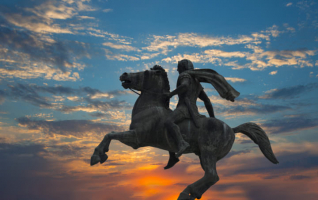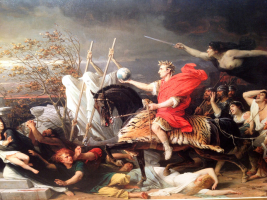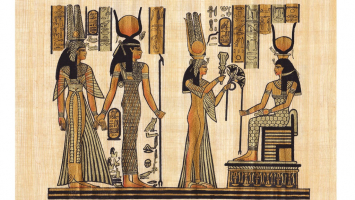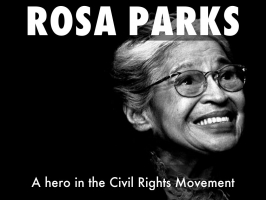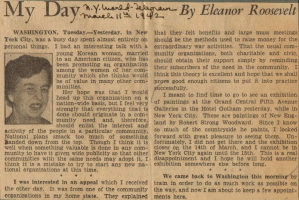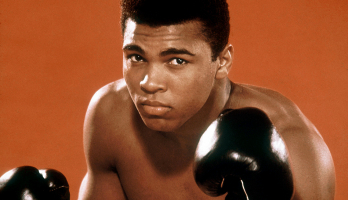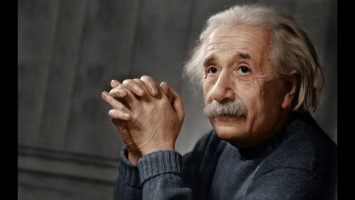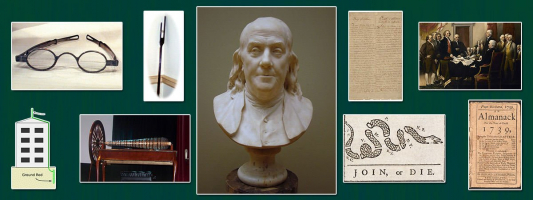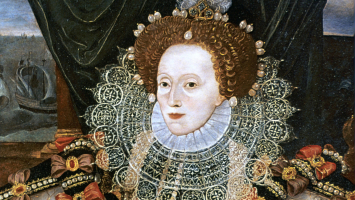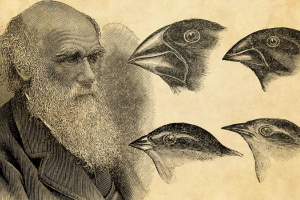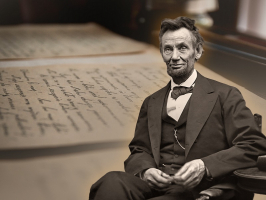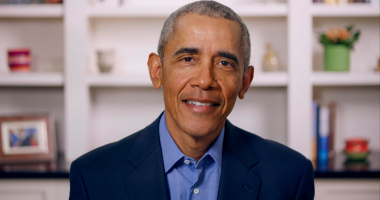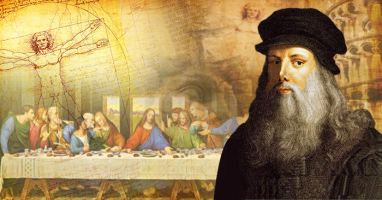Top 7 Major Accomplishments of Nancy Pelosi
Nancy Patricia Pelosi (born March 26, 1940) is a well-known Democratic Party politician who has had a long and fruitful career in politics and public service. ... read more...She has served in Congress for 31 years, representing California's 5th, 8th, and 12th congressional districts. She became the first woman to lead a political party in the United States Congress in 2003. Nancy Pelosi made history once more in 2007, when she became the first female Speaker of the House of Representatives. She has been the leader of the House Democrats for 16 years and has been Speaker of the House since January 2019, putting her second in line for the US presidency. Nancy Pelosi made international headlines in September 2019 when she accused US President Donald Trump of abusing his power and obstructing Congress, announcing the start of an impeachment investigation and making him the third US president to be impeached by the House of Representatives. Nancy Pelosi was named the third most influential woman in the world by Forbes in 2019, and she was also given the John F. Kennedy Profile in Courage Award. Here is the list of major accomplishments of Nancy Pelosi.
-
Taking the first rank in major accomplishments of Nancy Pelosi, she served as representative of California in democratic national committee. Nancy grew up in Baltimore, Maryland, in a politically involved Italian-American family. Thomas D. Jr., her father, was a Democratic Congressman and Mayor of Baltimore (1947-59). Annunciata M.D, her mother, coordinated a variety of social events. Nancy gained an awareness of the American political system as a result of her early exposure to her father's political career and campaigns. Nancy earned a Bachelor of Arts in Political Science from Trinity College in 1962 and began working as an intern for Daniel Brewster, a Democratic senator from Maryland (1963-69). She married Paul Pelosi, an American businessman and financier, in 1963. By 1969, the couple had relocated to San Francisco.
Nancy Pelosi's political career began in San Francisco, where she was mentored by Phillip Burton, a United States Representative from California. Pelosi began volunteering for the Democratic Party by assisting with campaigns, and she soon rose through the ranks of the party. She was elected as a Representative of California to the Democratic National Committee, the Democratic Party's governing body, in 1976. She was in charge until 1996. She was also elected as the Party Chairperson for Northern California in January 1977, the California Democratic Party's Head in 1981, the Chairwoman of the Democratic National Convention Host Committee in San Francisco in 1984, and the Finance Chairperson of the Democratic Senatorial Campaign Committee in 1985.
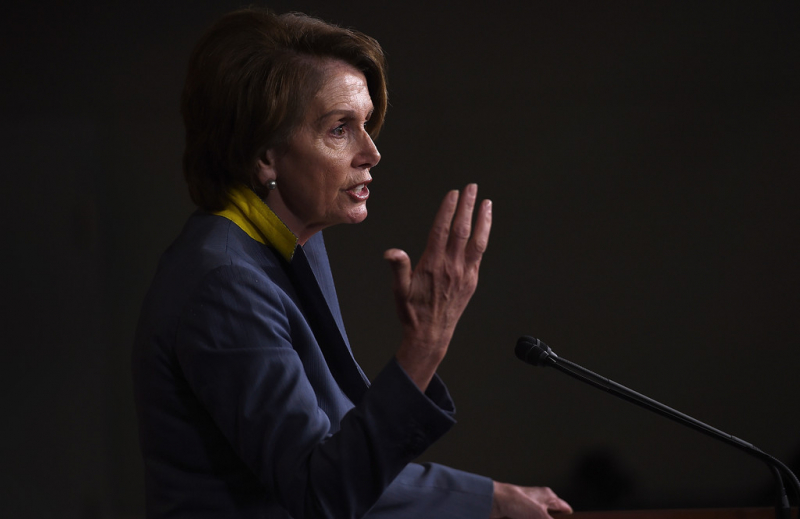
Source: Zimbio 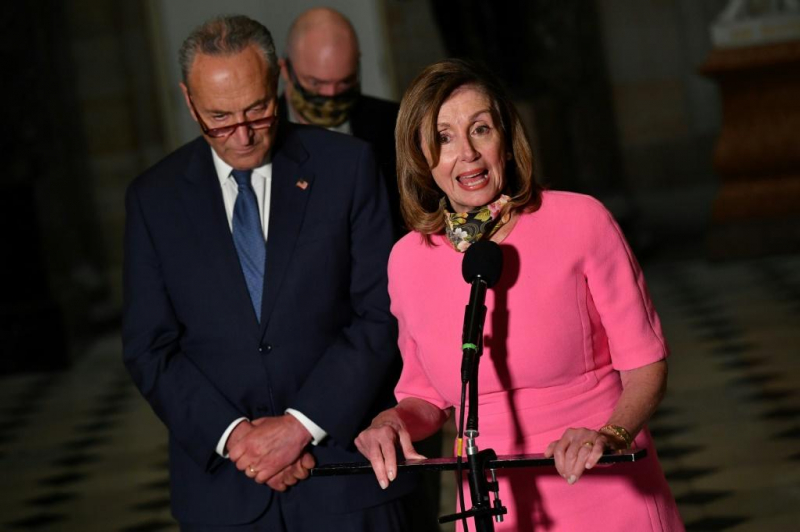
Source: International Business Times -
Continuing the list of major accomplishments of Nancy Pelosi, she has been elected to the U.S house of representatives since 1987. By the early 1980s, Nancy Pelosi's fundraising skills, work inside the Democratic Party, and connection with Congressman Phillip Burton and his wife Sara had established her as a trusted Democrat. Sala Burton was elected to fill Phillip Burton's term after his untimely death in June 1983. Sala, however, became ill with cancer in late 1986 and chose Pelosi as her designated successor, ensuring her the support of the Burtons' contacts.
After Sala died on February 1, 1987, Nancy Pelosi narrowly defeated San Francisco supervisor Harry Britt in a Special Election on April 7, 1987, with 36 percent of the vote to his 32 percent. On June 2, 1987, she defeated Republican rival Harriet Ross by more than a 2:1 margin in the ensuing run-off, gaining her a seat in the House of Representatives for the first time. Pelosi won the Regular Election again in 1988, and she was re-elected 16 times with no significant opposition, winning with an average of 80% of the vote. She began her 17th term in the House in 2019, at the age of 79.
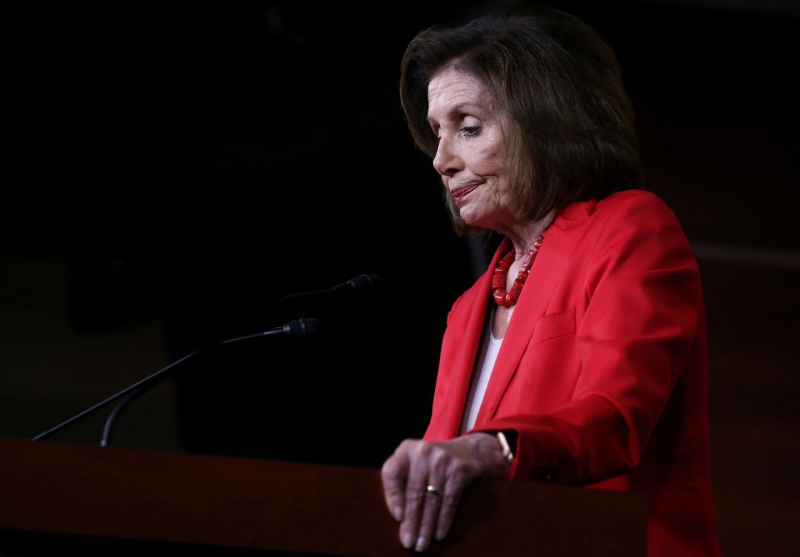
Source: The Washington Post 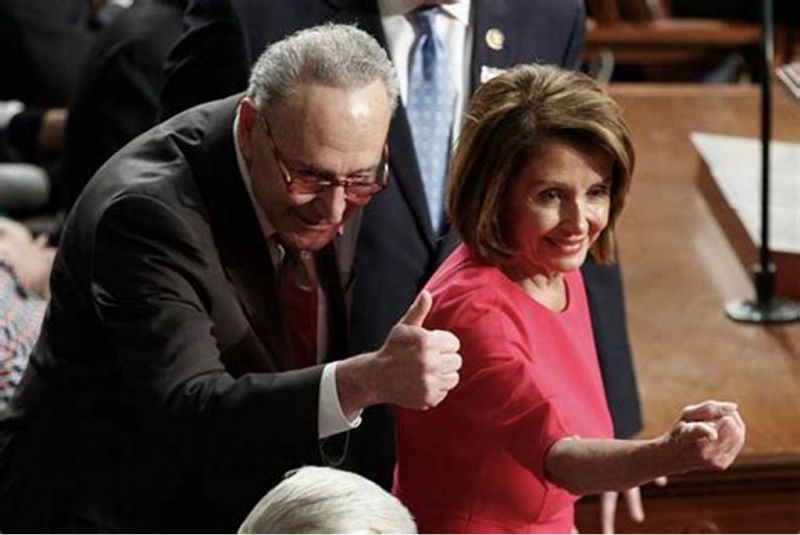
Source: republicanmatters.com -
Booking the third place of major accomplishments of Nancy Pelosi is she became the first American woman to lead a party in congress. Nancy Pelosi supported the overturning of President Ronald Reagan's veto of the Civil Rights Restoration Act of 1987 in 1988. She voted against approving the use of war in Iraq in 1991. She voted against the Defense of Marriage Act in 1996 and campaigned to increase Aids research funding. She is an outspoken supporter of LGBT rights. Pelosi voted against the Ten Commandments being displayed in public places, including schools, in 1999. She supported the No Child Left Behind Act in the same year, which implemented testing to track children' progress and raised total education spending.
Pelosi had a reputation as a savvy, liberal but pragmatic politician who imposed party discipline, formed alliances, and raised massive sums of money over time. Pelosi's status within the party slowly improved, and she was chosen Minority Whip in 2001, narrowly defeating Maryland's Steny Hoyer. She was named second-in-command to Democratic Minority Leader Dick Gephardt in the role. She was also the first woman to hold the office in US history. Pelosi was elected to replace Richard Andrew Gephardt, who resigned as Minority Leader in 2002. Nancy Pelosi became the first woman in the history of the United States to lead a political party in Congress when she took office in 2003, a position she would retain for several years.
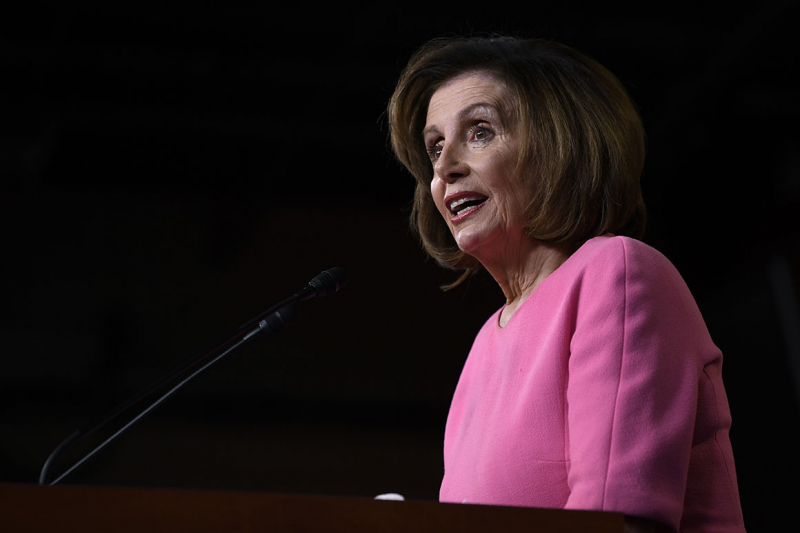
Source: Politico 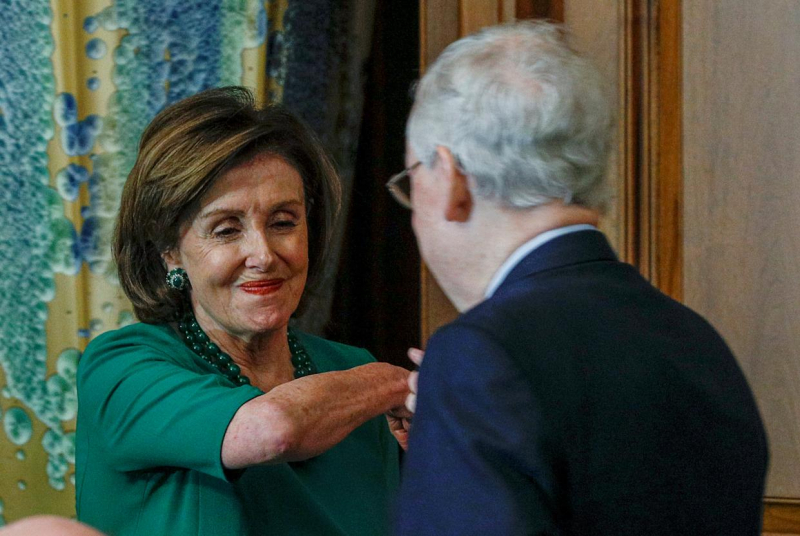
Source: AOL -
Midterm elections were held in the United States on November 7, 2006, in the middle of Republican President George W. Bush's second term. With 31 seats gained, the Democratic Party was able to secure a majority. Nancy Pelosi, the House Minority Leader, was widely expected to become Speaker of the House in the next Congress after leading the opposition to a historic victory in the election. The Democratic caucus unanimously chose Pelosi as the Democratic nominee for Speaker of the House on November 16, 2006. Pelosi defeated Ohio Republican John Boehner with 233 votes to 202 votes in the election for the 52nd Speaker of the House.
As a result, she became the first female Speaker of the House of Representatives, the first Italian-American Speaker, and the first Californian Speaker. "This is a historic time – for the Congress, and for the women of America," she remarked as she accepted the position. We've been waiting for this moment for more than 200 years. Never losing hope, we persevered in our fight for our rights over many years." Nancy Pelosi was Speaker of the House from 2007 to 2011 and is up for re-election in 2019.
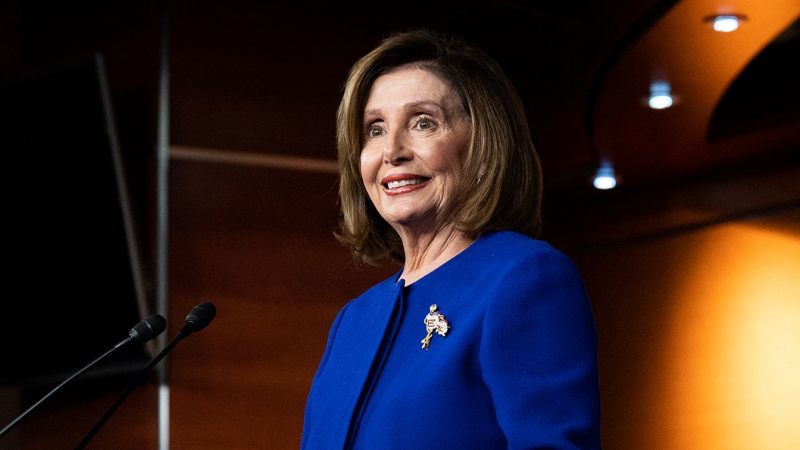
Source: Pinterest 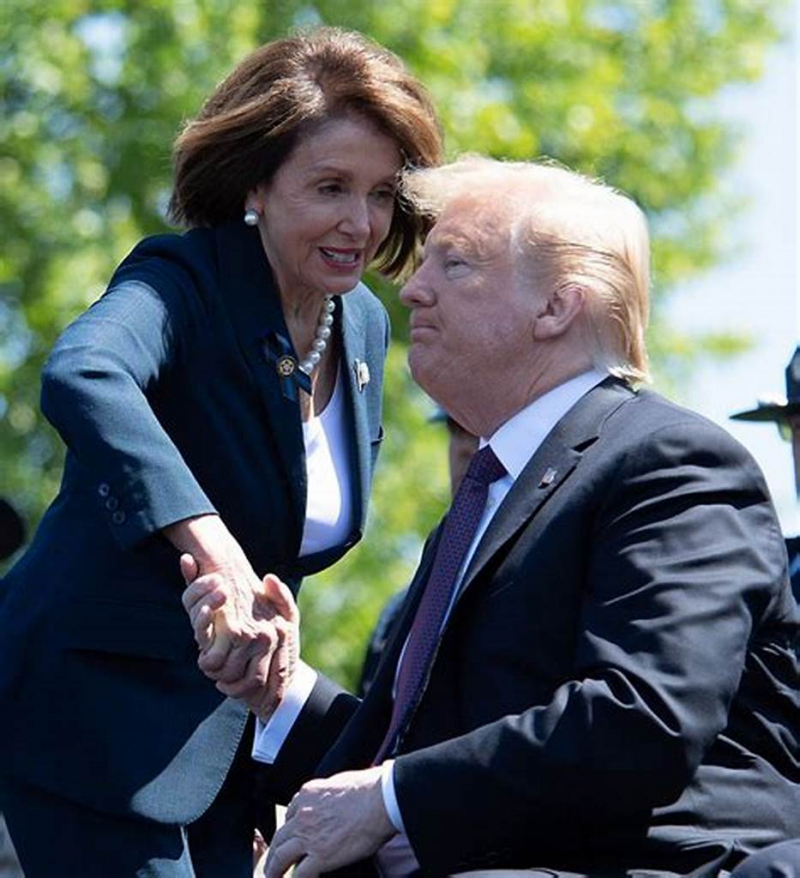
Source: citizentruth.org -
Another success of Nancy Pelosi must be she served as a minority leader in congress from 2011 to 2019. Democrats lost 63 seats in the 2010 midterm elections, giving the Republican Party control of the House of Representatives. The Republicans had won a majority of 242 votes to 193 votes, their greatest showing since 1946. Nancy Pelosi lost her speakership in 2011 as a result of her electoral disaster. Pelosi opted to run for Minority Leader again after losing the Speakership. In 2011, she recovered her position as Minority Leader after defeating Heath Shuler, a North Carolina centrist, by a score of 150-43.
Despite being chastised for her party's defeats and facing diverse intra-party opposition, Pelosi has maintained strong support from party liberals, who have praised her fundraising prowess and previous ability to lead congressional Democrats to power, among other things. Pelosi was Speaker of the House for eight years, until 2019. She led a landmark bipartisan agreement to strengthen Medicare in the 114th Congress in her new capacity. Furthermore, she rallied Democrats against Republican efforts to dismantle the Affordable Care Act and led anti-Trumpcare activities.
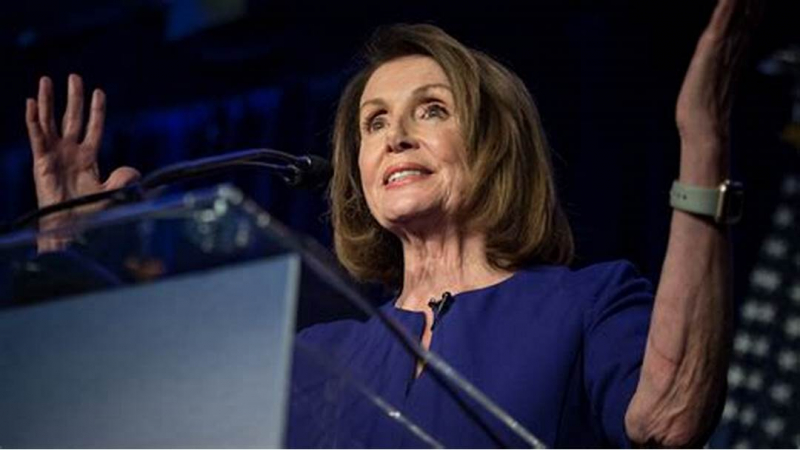
Source: The Washington Post 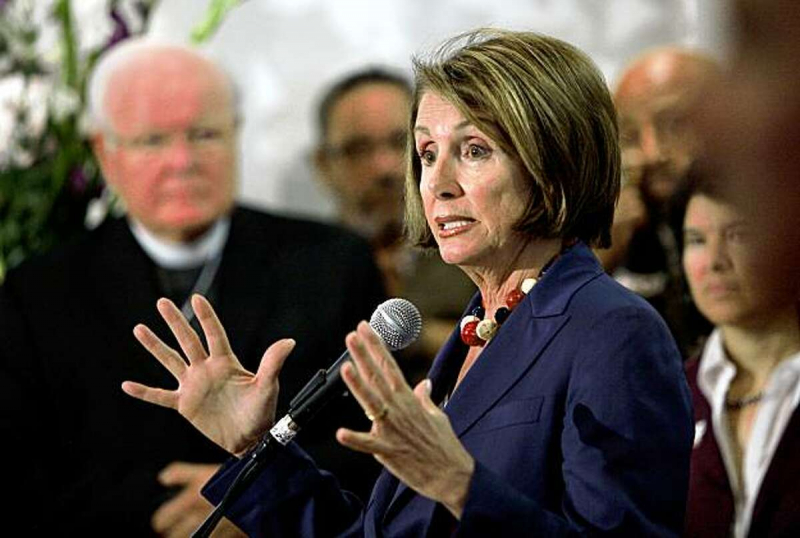
Source: SFGate -
Nancy Pelosi set a record for the longest continuous speech in the House of Representatives on February 7, 2018. She began speaking at 10:04 a.m. and finished shortly after 6 p.m., making her 8-hour, 5-minute all-day speech the longest since 1909. She shattered the record set by former Speaker and Missouri Democrat James Beauchamp "Champ" Clark, who spoke for 5 hours and 15 minutes in the House in 1909. Although the majority has tight control over floor speeches, the Speaker, Majority Leader, and Minority Leader are the only members of the House leadership that have unlimited speaking time.
Taking advantage of the ruling, Pelosi set out to persuade Republicans to adopt the Dream Act, a bill aimed at promoting the development, relief, and education of alien minors (DREAM). The bill was a legislative proposal that would offer eligible immigrants who entered the United States as kids conditional residency with the ability to work. They would be granted permanent residency if they met other requirements later. As a result, undocumented young people who immigrated to the United States as youngsters, known as Dreamers, would be granted legal status.
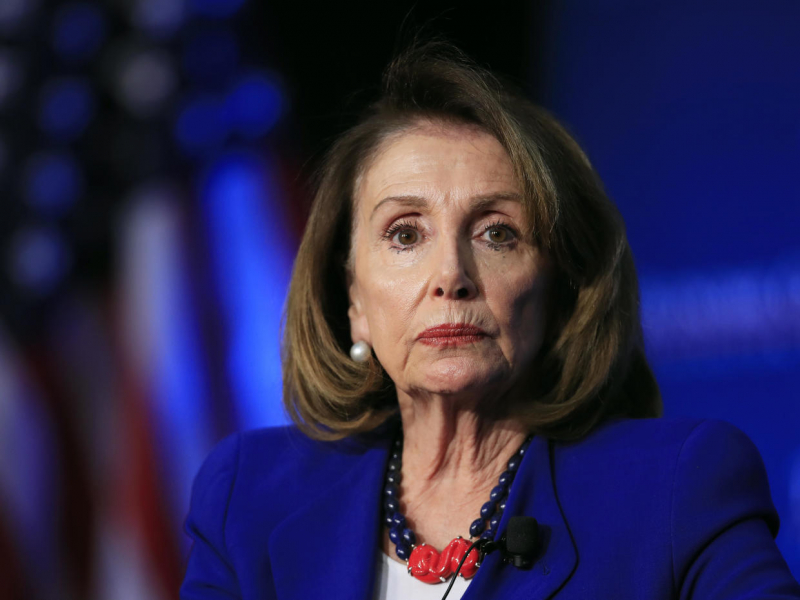
Source: CBS News| 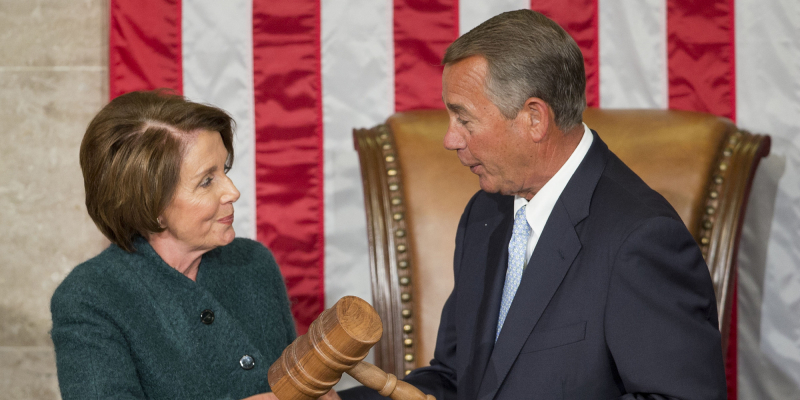
Source: HuffPost -
One of the most successful in Nancy Pelosi may be she was reelected as speaker at the 116th congress. Democrats reclaimed control of the House of Representatives in the November 2018 midterm elections, retaking the chamber from Republicans after eight years of one-party rule. Pelosi was now 78 years old, and younger members were becoming critical of a system that rewarded seniority while squandering emerging talent. However, the House Democrats nominated Nancy Pelosi for Speaker of the House again, citing her ability to take on President Trump and her agreement to restrict her term to four years.
Pelosi was elected Speaker of the House by a margin of 220 votes against Republican contender Kevin McCarthy, who received 192 votes at the start of the 116th Congress. With the victory she donned the tag of the only female to be elected as the Speaker twice; the third most powerful role in the US House of Representatives. This also made her the first person in more than six decades to reclaim the Speaker’s Chair. As a Speaker, Pelosi is fighting for lowering health care costs, reducing economic disparity, protecting social welfare programs and climate change.
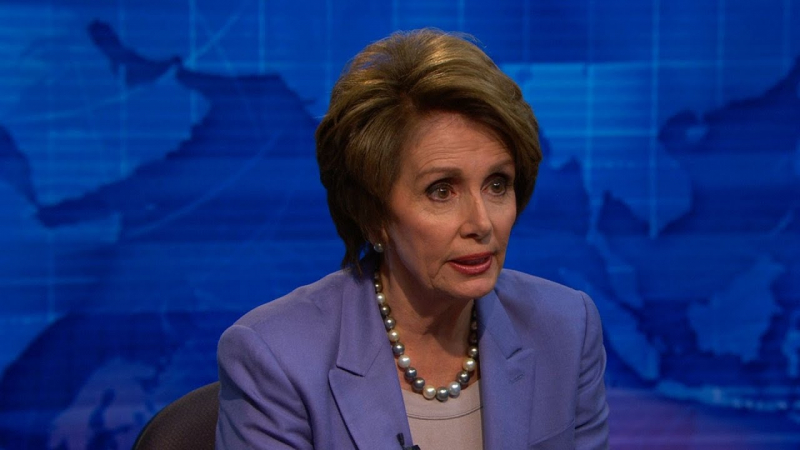
Source: YouTube>PBS NewsHour 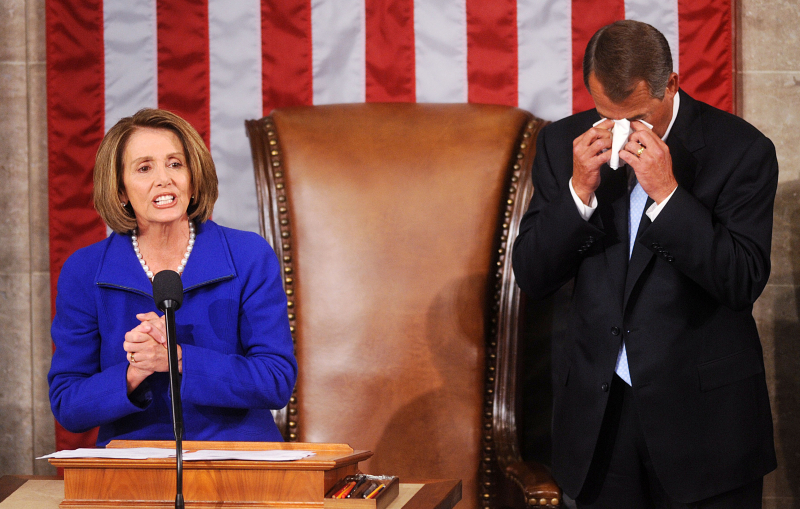
Source: wupr.org









